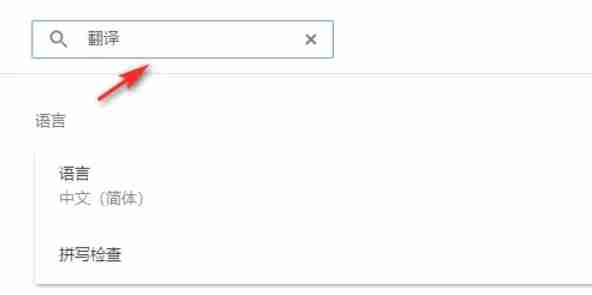Mastering Google Chrome's Web Page Translation: A Comprehensive Guide
Tired of language barriers hindering your web browsing? This guide provides a step-by-step walkthrough of Google Chrome's translation features, covering whole-page translation, selected text translation, and personalized settings adjustments. Follow these instructions to seamlessly navigate multilingual websites.
Step 1: Accessing the Chrome Menu
Locate and click the Chrome menu icon (usually three vertical dots or three horizontal lines) in the upper right-hand corner of your browser window.

Step 2: Navigating to Settings
In the dropdown menu, select the "Settings" option. This will open Chrome's settings page.

Step 3: Locating Translation Settings
At the top of the settings page, you'll find a search bar. Enter "Translate" or "Language" to quickly filter and locate the relevant settings.

Step 4: Accessing Language Preferences
Once the search results appear, click on the "Languages" or "Translation" option.
Step 5: Managing Supported Languages
The language settings page displays a list of languages supported by your browser. Here, you can add new languages, remove existing ones, or adjust their order of preference.

Step 6: Enabling Automatic Translation
Crucially, ensure the "Offer to translate pages that aren't in a language you read" option is enabled. This will prompt Chrome to automatically offer translation for pages in languages other than your browser's default language.
By following these steps, you can unlock Chrome's powerful translation capabilities and enjoy a more accessible and efficient online experience.








